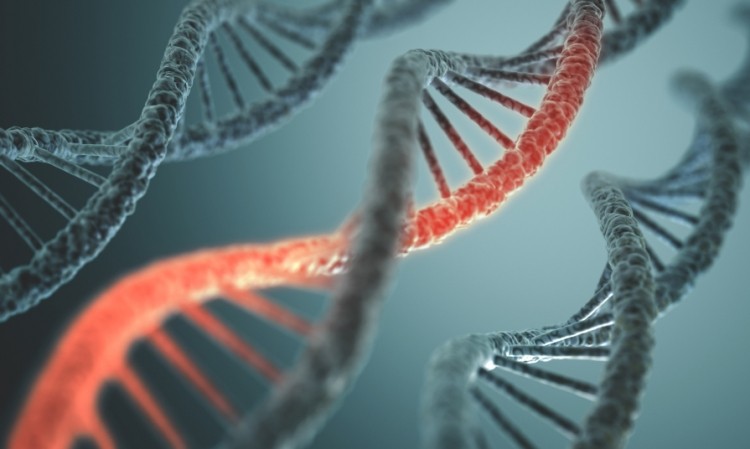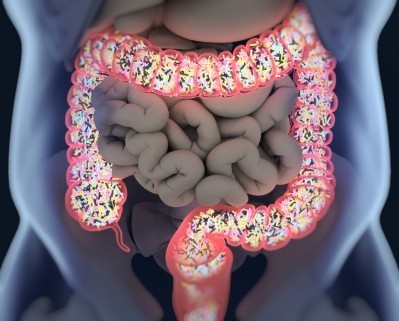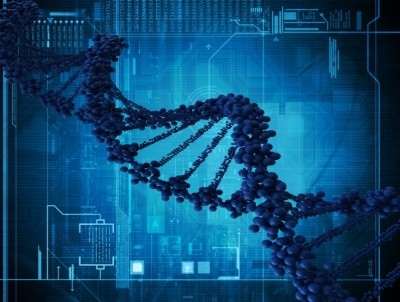Could worm genes hold the key to ageing?

Specific bacterial genes supported anti-ageing in the nematode Caenorhabditis elegans(C. elegans), while deletion of other individual genes also promoted longevity, revealed a Houston-based research team from Baylor College of Medicine and University of Texas.
Scientists fed the worms numerous individual strains of mutant bacteria to identify the effects on ageing.
"Of the nearly 4,000 bacterial genes we tested, 29, when deleted, increased the worms' lifespan. Twelve of these bacterial mutants also protected the worms from tumor growth and accumulation of amyloid-beta, a characteristic of Alzheimer's disease in humans," commented Dr. Meng Wang, senior author of the study, published in Cell.
Researchers also found that a polysaccharide, colanic acid (CA), played an important role in the anti-ageing effect.
“We discovered that five bacterial mutants promote longevity through increased secretion of the polysaccharide colanic acid,” wrote the team.
Role of mitochondria
The study revealed that feeding purified CA to C. elegans promoted longevity (an effect replicated in fruit flies), through its impact on mitochondria.
Previous studies suggest that mitochondrial signalling may be involved in controlling ageing. Findings from this study reveal that over-production of CA may form the medium of cross talk between bacteria and mitochondria that triggers this signalling. CA may also regulate unfolded protein response (thought to be involved in Alzheimer’s and other neurodegenerative diseases).
“Conceptually, the microbiota may influence the host similarly as mitochondria do, by chemically communicating with their ancient intra-cellular relatives. CA is a case in point, serving as a messenger for this type of dialogue,” explained the team.
“Empirically, future investigations on bacteria-mitochondria communications might open up new avenues for treating human mitochondrial diseases and aging,” they added.
Previous work using the nematode, C. elegans, has shown it to be an attractive test vehicle for this type of study. Around 35% of its genes are similar to those in humans. Its genome is roughly 30 times smaller and yet encodes around 22,000 proteins – only slightly fewer than in humans.
The study findings may enable scientists in future to slow the ageing process with supplements or probiotics derived from gut bacteria.
“Our results identified molecular targets for developing pro-longevity microbes and a bacterial metabolite acting on host mitochondria to promote longevity,” concluded the team.
Source: Cell
Volume 169, Issue 7, pages 1249-1262.e13, doi: 10.1016/j.cell.2017.05.036
“Microbial Genetic Composition Tunes Host Longevity”
Authors: Bing Han, Meng C. Wang, et al














